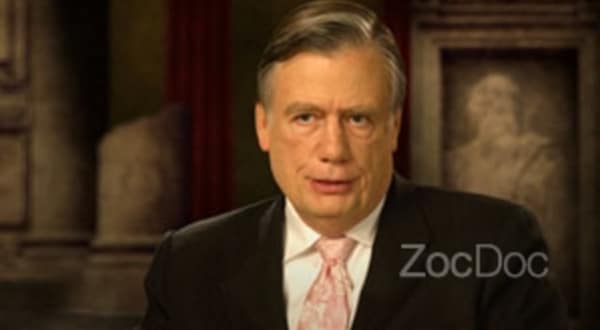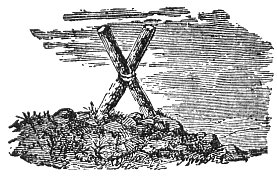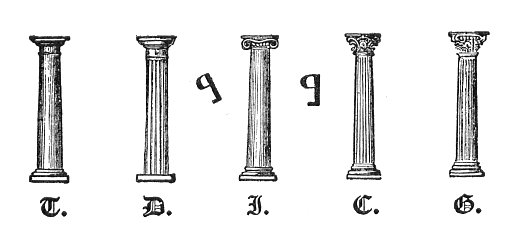But still the ploughshare of justice is ever drawn through and through the field of the world, uprooting the savage plants. Ever we see a continual and progressive triumph of the right. The injustice of England lost her America, the fairest jewel of her crown. The injustice of Napoleon bore him to the ground more than the snows of Russia did, and exiled him to a barren rock, there to pine away and die, his life a warning to bid mankind be just.
We intuitively understand what justice is, better than we can depict it. What it is in a given case depends so much on circumstances, that definitions of it are wholly deceitful. Often it would be unjust to society to do what would, in the absence of that consideration, be pronounced just to the individual. General propositions of man’s right to this or that are ever fallacious: and not infrequently it would be most unjust to the individual himself to do for him what the theorist, as a general proposition, would say was right and his due.
p. 836
We should ever do unto others what, under the same circumstances, we ought to wish, and should have the right to wish they should do unto us. There are many cases, cases constantly occur-ring, where one man must take care of himself, in preference to another, as where two struggle for the possession of a plank that will save one, but cannot uphold both; or where, assailed, he can save his own life only by slaying his adversary. So one must prefer the safety of his country to the lives of her enemies; and sometimes, to insure it, to those of her own innocent citizens. The retreating general may cut away a bridge behind him, to delay pursuit and save the main body of his army, though he thereby surrenders a detachment, a battalion, or even a corps of his own force to certain destruction.
These are not departures from justice; though, like other instances where the injury or death of the individual is the safety of the many, where the interest of one individual, class, or race is postponed to that of the public, or of the superior race, they may infringe some dreamer’s ideal rule of justice. But every departure from real, practical justice is no doubt attended with loss to the unjust man, though the loss is not reported to the public. Injustice, public or private, like every other sin and wrong, is inevitably followed by its consequences. The selfish, the grasping, the inhuman, the fraudulently unjust, the ungenerous employer, and the cruel master, are detested by the great popular heart; while the kind master, the liberal employer, the generous, the humane, and the just have the good opinion of all men, and even envy is a tribute to their virtues. Men honor all who stand up for truth and right, and never shrink. The world builds monuments to its patriots. Four great statesmen, organizers of the right, embalmed in stone, look down upon the lawgivers of France as they pass to their hall of legislation, silent orators to tell how nations love the just. How we revere the marble lineaments of those just judges, Jay and Marshall, that look so calmly toward the living Bench of the Supreme Court of the United States! What a monument Washington has built in the heart of America and all the world, not because he dreamed of an impracticable ideal justice, but by his constant effort to be practically just!
But necessity alone, and the greatest good of the greatest number, can legitimately interfere with the dominion of absolute and ideal justice. Government should not foster the strong at the expense
p. 837
of the weak, nor protect the capitalist and tax the laborer. The powerful should not seek a monopoly of development and enjoyment; not prudence only and the expedient for to-day should be appealed to by statesmen, but conscience and the right: justice should not be forgotten in looking at interest, nor political morality neglected for political economy: we should not have national housekeeping instead of national organization on the basis of right.

Moe is the founder of GnosticWarrior.com. He is a father, husband, author, martial arts black belt, and an expert in Gnosticism, the occult, and esotericism.







